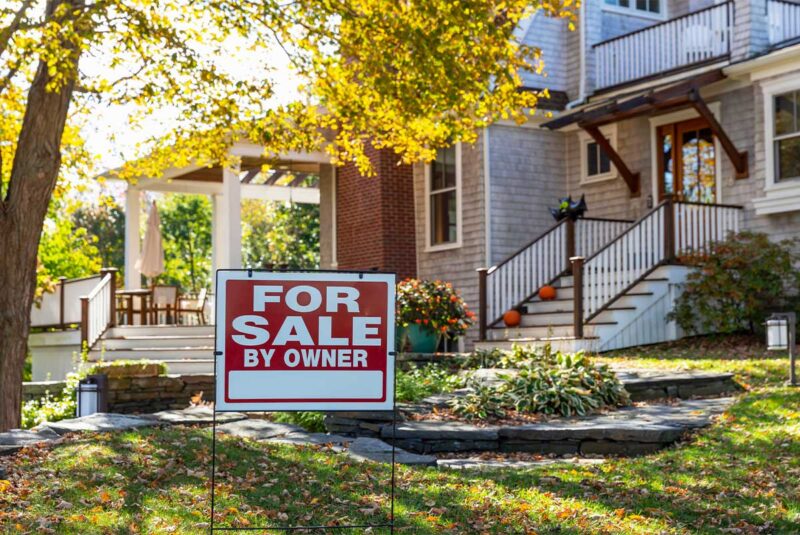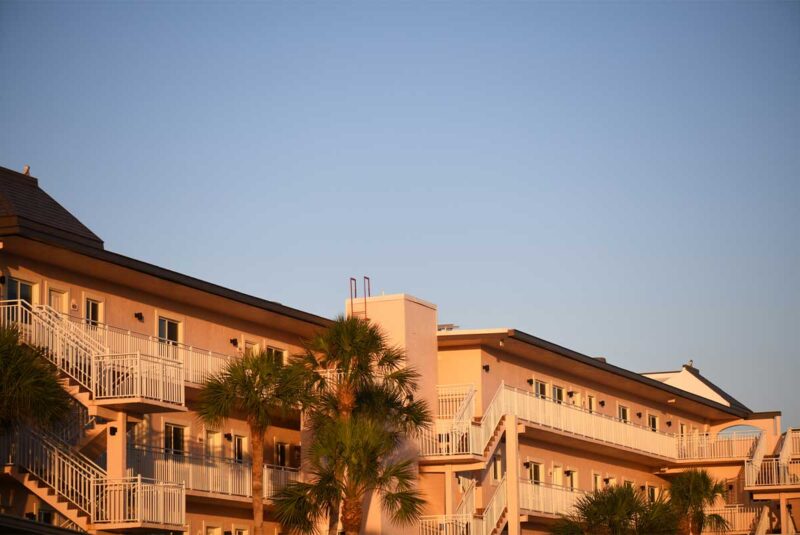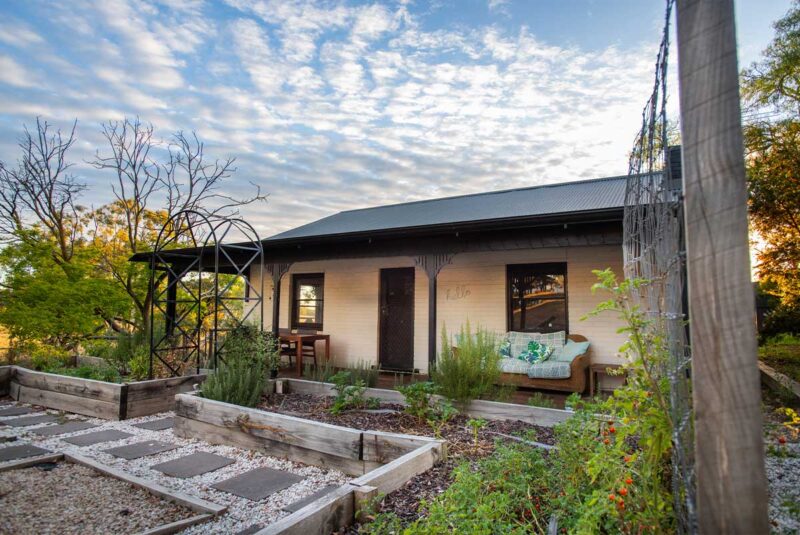Ready To Buy a Home?
Get Approved to Buy a Home
Rocket Mortgage® lets you get to house hunting sooner.
In life, few things are more exciting than buying your own home. The pride of homeownership is something most Americans strive for at some point in their lives. If you’re starting to explore houses on the market, there are two key factors you’ll want to keep in mind as a prospective home buyer: home prices and interest rates.
But when it comes to interest rate versus house price, is one more important than the other for buying a house? Let’s take a closer look at how these two are related and what you should consider before getting too far into your home buying journey.
The Correlation Between House Prices and Interest Rates
There’s generally an inverse relationship between mortgage interest rates and the housing market. When mortgage rates are low, the price of real estate typically goes up. When rates go up, home prices tend to fall.
Mortgage interest rates are directly impacted by the federal funds target rate set by the Fed. The federal funds rate is set by the Federal Open Market Committee (FOMC) based on the current economic climate. The FOMC will hike the target rate in an attempt to cool inflation or slash it to stimulate economic growth.
During the pandemic, interest rates dropped to historic lows, which also preceded rapidly rising home prices. Although rates have risen substantially since the start of the pandemic, compared to historical averages, we’re still at a reasonable place. You can see examples of historical mortgage rates and median sales prices below.
-
Average Annual Interest Rate
-
Median Sales Price
| Average Annual Interest Rate | Median Sales Price | |
|---|---|---|
| June 1972 | 7.37[1] | $26,800[2] |
| June 1982 | 16.70[1] | $69,600[2] |
| June 1992 | 8.51[1] | $120,000[2] |
| June 2002 | 6.65[1] | $187,200[2] |
| June 2012 | 3.68[1] | $238,700[2] |
| June 2022 | 5.52[1] | $449,300[2] |
How House Prices and Mortgage Rates Affect Buyers
Current market rates and house prices may impact your buying decisions. After all, you’ll have to consider how these factors will affect both your down payment and monthly payment.
Making a down payment
To avoid private mortgage insurance (PMI), lenders require a 20% down payment. Though low interest rates are attractive, the price of the home you want to buy will likely be higher.
For example, let’s say in 2021 – when interest rates were very low – you qualified to buy a $500,000 house you fell in love with. To avoid PMI, you would’ve been required to put down $100,000.
Let’s also pretend that home now costs $400,000 at the end of 2022, after interest rates steadily increased. Though your rate would be higher, you’d only need $80,000 as a 20% down payment.
Simply put, home prices directly affect how much you need for a down payment.
Your monthly payment
Rate hikes can significantly impact monthly payment affordability, even if the increase is only a difference of a couple of points.
To demonstrate the impact higher interest rates can have, let’s look at a 30-year fixed-rate mortgage on a $300,000 home. With 20% down and a 3% interest rate – not including property taxes or insurance – the monthly mortgage payment is $1,012.
That same $300,000 home at a 5% interest rate would be $1,288 per month. Over 30 years, the mortgage with a 5% interest rate would cost you $99,360 more.
You can crunch the numbers yourself with a mortgage calculator.
Interest Rate vs. House Price: Which Matters More?
There’s no magic answer when it comes to choosing the right time to buy.
For some borrowers, the lowest possible down payment is top priority. For others, the monthly mortgage payment is a more important factor. Regardless of the current housing market and interest rates, the best time to buy is when you can afford it.
You can ask yourself a few questions to help make the decision.
Questions to ask yourself
- How much house can you afford?
- What type of mortgage do you plan to use?
- Will you be able to refinance your mortgage quickly?
- Will you have additional expenses, like HOA fees?
- Can you opt for a less expensive home that needs some repairs?
- How much will it cost to insure a home?
- Could a Federal Housing Administration (FHA) mortgage loan help you buy sooner?
- Do you qualify for low down payment mortgage programs?
Going into 2023, there’s some uncertainty about where the economy is headed. Housing prices have started to come down as mortgage rates have increased, and many experts believe the market will stabilize.
Though it would be nice to purchase a home with a lower interest rate, current rates are at relatively average levels. Getting into the market while home prices aren’t at an all-time high is beneficial, since there’s more room to build equity over time.
Only Buy When You’re Ready
The real estate market can be difficult for first-time home buyers – or any homeowner – to navigate. Don’t let higher mortgage rates crush your dreams of homeownership. Whether you want to wait for a different market or get started ASAP, the best time to buy is when you’re ready!
Take the first step toward buying a home.
Get approved. See what you qualify for. Start house hunting.
The Short Version
- There’s generally an inverse relationship between mortgage interest rates and the housing market
- Rate hikes can significantly impact monthly payment affordability, even if the increase is only a difference of a couple of points
- Getting into the market while home prices aren’t at an all-time high is beneficial, since there’s more room to build equity over time
Freddie Mac. “30-Year Fixed Rate Mortgages Since 1971.” Retrieved December 2022 from https://www.freddiemac.com/pmms/pmms30
Federal Reserve Bank of St. Louis. “Median Sales Price of Houses Sold for the United States.” Retrieved December 2022 from https://fred.stlouisfed.org/series/MSPUS




